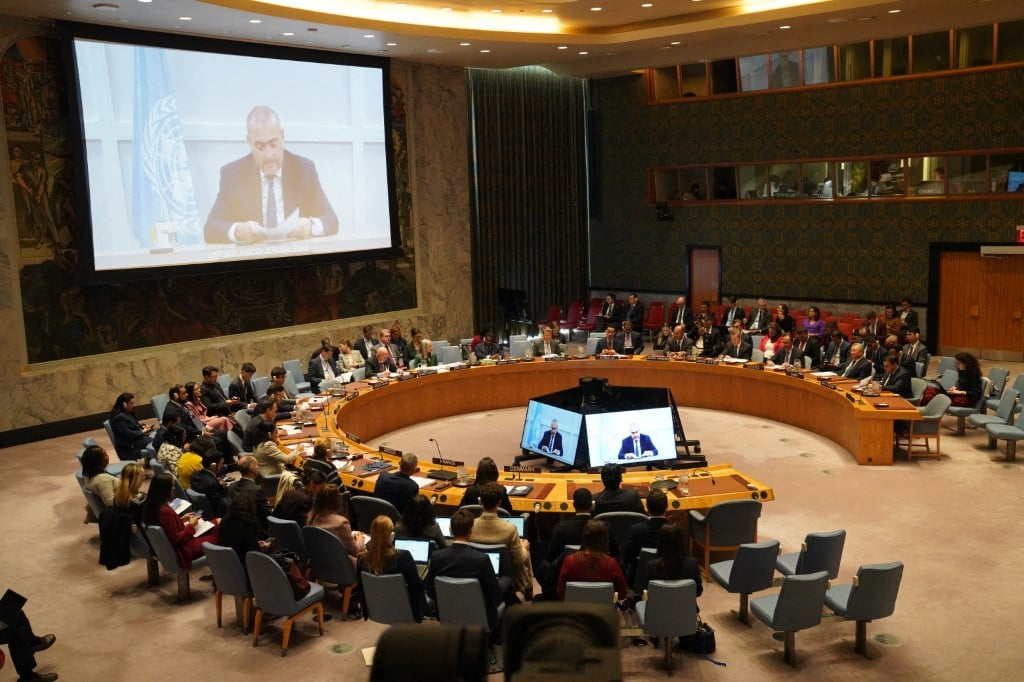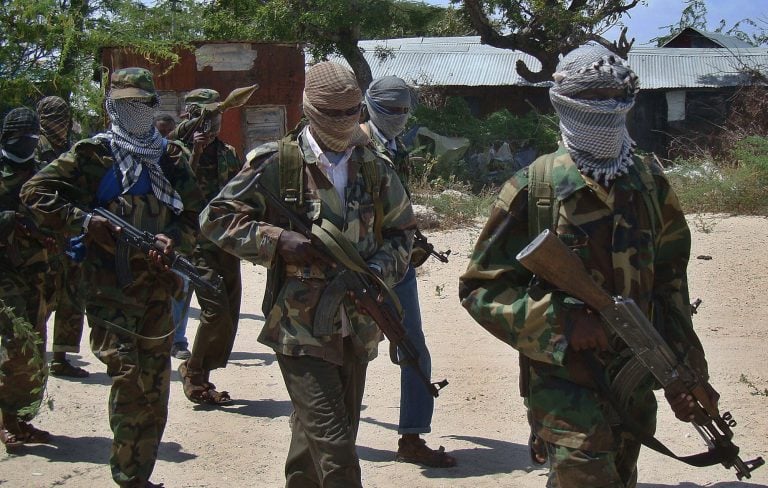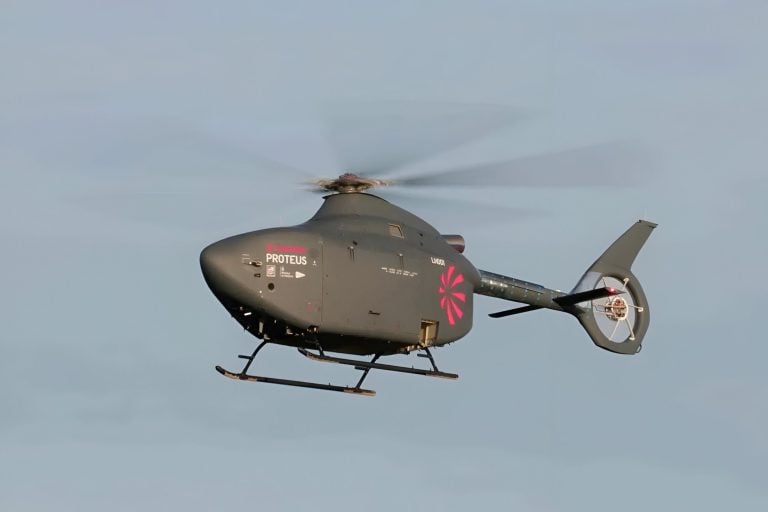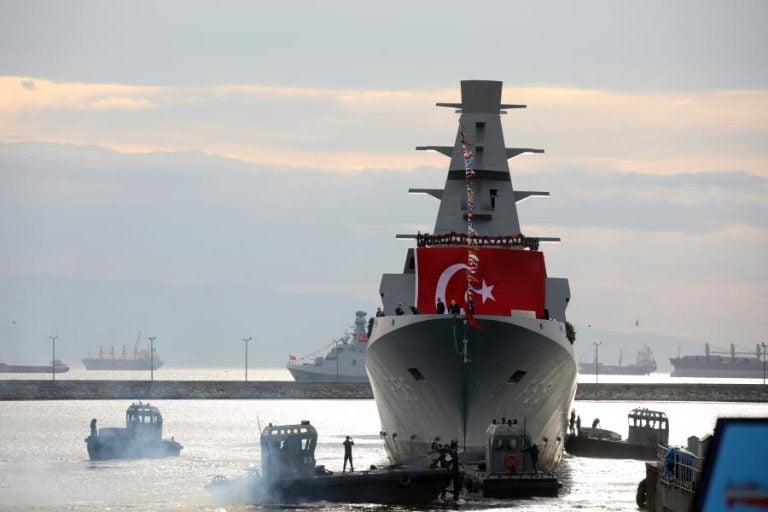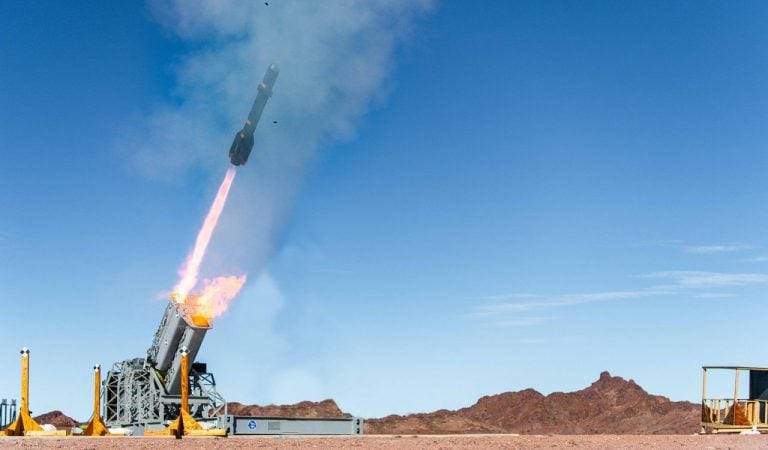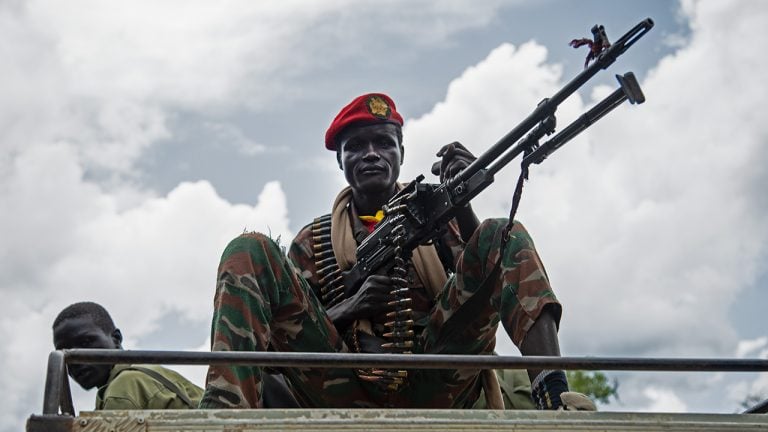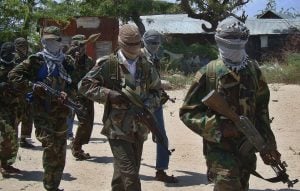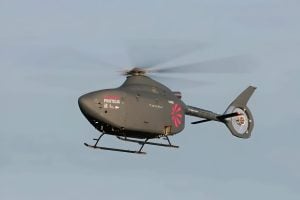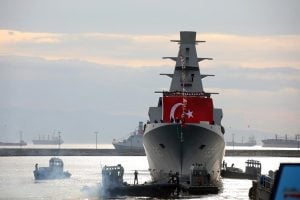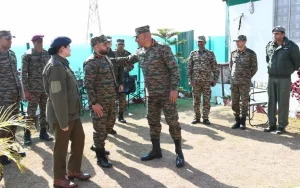The UN Security Council is poised to cast its vote on a US-drafted resolution focused on enhancing Donald Trump’s Gaza peace plan, including the deployment of an international force. This development comes amid urgent warnings from Washington that inaction could reignite hostilities in the region.
The resolution, which has undergone multiple revisions following intense negotiations, seeks to endorse a plan that successfully facilitated a fragile ceasefire between Israel and Hamas on October 10, following two years of devastating conflict initiated by Hamas’s assault on Israel on October 7, 2023. The situation in the Gaza Strip remains dire, with much of the area left in ruins as a result of ongoing fighting.
Central to the draft is the establishment of an International Stabilization Force (ISF), intended to collaborate with Israel, Egypt, and newly trained Palestinian police. The ISF’s mission would include securing border areas and the demilitarization of Gaza, alongside efforts for the permanent disarmament of non-state armed groups. Additionally, the force is tasked with protecting civilians and ensuring humanitarian aid delivery within the region.
The resolution also proposes the formation of a “Board of Peace,” envisioned as a transitional governing body for Gaza, which Trump would hypothetically chair, holding authority until the end of 2027. A significant shift in this iteration is its acknowledgment of a potential future Palestinian state—a possibility vehemently opposed by Israeli Prime Minister Benjamin Netanyahu, who reaffirmed that the stance against a Palestinian state on any territory remains unchanged.
The vote in the UN Security Council is scheduled for 5:00 pm (2200 GMT) on Monday. In contrast to the US proposal, Russia has circulated a rival draft that emphasizes a commitment to a two-state solution but stops short of endorsing the deployment of the international force or the establishment of the Board of Peace, instead urging UN Secretary-General Antonio Guterres to provide options regarding these matters.
The US has ramped up its efforts to secure backing for its resolution, condemning any attempts to disrupt unity among Council members. The US ambassador to the UN, Mike Waltz, emphasized that opposing the resolution equates to supporting Hamas or risking a return to war with Israel, which would trap the region in a cycle of conflict. The US proposal has garnered support from several Arab and Muslim-majority countries, with a joint statement backing the resolution published by nations including Qatar, Egypt, the UAE, Saudi Arabia, Indonesia, Pakistan, Jordan, and Turkey.
Despite Russia’s objections and some reluctance among other member states, many diplomats anticipate the US draft will pass. Observers, such as Richard Gowan from the International Crisis Group, believe that while Russia may express reservations, it is unlikely to exercise its veto against a resolution with backing from Arab nations. Instead, it is expected that China and Russia may abstain, signaling skepticism while observing the challenges the US may encounter in implementing the proposed plan.
